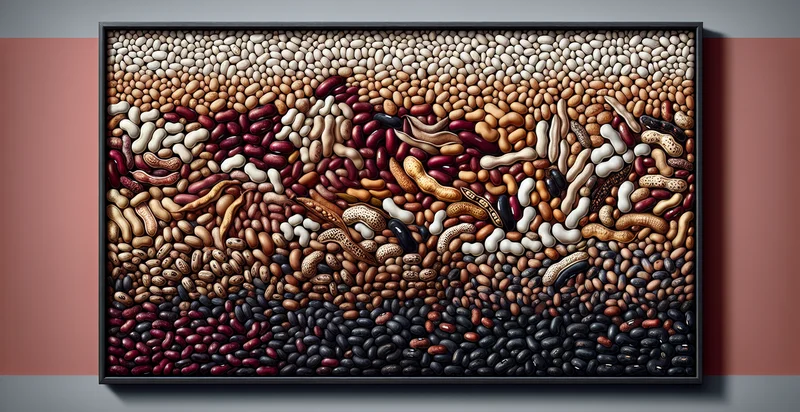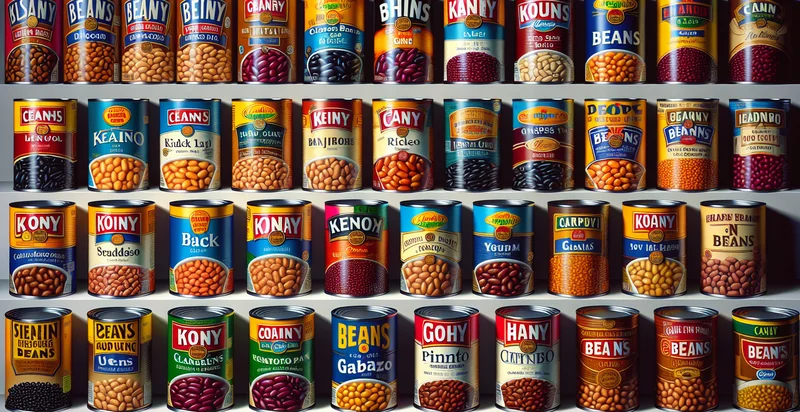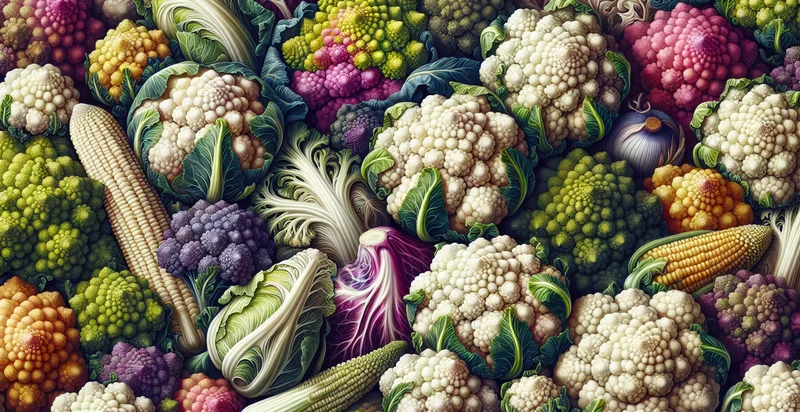Identify bean species
using AI
Below is a free classifier to identify bean species. Just upload your image, and our AI will predict what species of bean it is - in just seconds.

Contact us for API access
Or, use Nyckel to build highly-accurate custom classifiers in just minutes. No PhD required.
Get started
import nyckel
credentials = nyckel.Credentials("YOUR_CLIENT_ID", "YOUR_CLIENT_SECRET")
nyckel.invoke("bean-species", "your_image_url", credentials)
fetch('https://www.nyckel.com/v1/functions/bean-species/invoke', {
method: 'POST',
headers: {
'Authorization': 'Bearer ' + 'YOUR_BEARER_TOKEN',
'Content-Type': 'application/json',
},
body: JSON.stringify(
{"data": "your_image_url"}
)
})
.then(response => response.json())
.then(data => console.log(data));
curl -X POST \
-H "Content-Type: application/json" \
-H "Authorization: Bearer YOUR_BEARER_TOKEN" \
-d '{"data": "your_image_url"}' \
https://www.nyckel.com/v1/functions/bean-species/invoke
How this classifier works
To start, upload your image. Our AI tool will then predict what species of bean it is.
This pretrained image model uses a Nyckel-created dataset and has 26 labels, including Adzuki Bean, Black Bean, Black-Eyed Pea, Borlotti Bean, Cannellini Bean, Cowpea, Cranberry Bean, Fava Bean, Flageolet Bean and Great Northern Bean.
We'll also show a confidence score (the higher the number, the more confident the AI model is around what species of bean it is).
Whether you're just curious or building bean species detection into your application, we hope our classifier proves helpful.
Related Classifiers
Need to identify bean species at scale?
Get API or Zapier access to this classifier for free. It's perfect for:
- Agricultural Quality Control: The bean species identifier can be utilized by agricultural companies to ensure the quality of their bean products. By quickly classifying bean species, companies can ensure compliance with standards and avoid costly mistakes in packaging and marketing.
- Supply Chain Optimization: Distributors can use the identifier to categorize and streamline their inventory of different bean species. This data can improve logistics, enabling more efficient stock management and reducing waste due to mislabeling.
- Biodiversity Research: Researchers studying plant biodiversity can use the bean species identifier to accurately classify field samples. This can enhance data accuracy in ecological studies, contributing to better conservation strategies.
- Consumer Education Apps: Developers of food apps can integrate the bean species identifier to provide users with information about the beans they purchase. Users can learn about the nutritional benefits and culinary uses of different species, promoting informed food choices.
- Food Fraud Detection: Food safety organizations can adopt the identifier to combat food fraud in the market. By verifying the species of beans being sold, they can prevent mislabeling and protect consumers from potentially harmful substitutes.
- Culinary Innovation: Chefs and food technologists can leverage the identifier to explore new flavor combinations and improve recipes. Knowing the exact type of beans allows culinary professionals to experiment with various cooking techniques and presentations.
- Sustainable Farming Practices: Farmers can use the identifier to select the most appropriate bean species for their specific local conditions. By assessing species that thrive in their environment, they can enhance yield while promoting sustainable agricultural practices.


